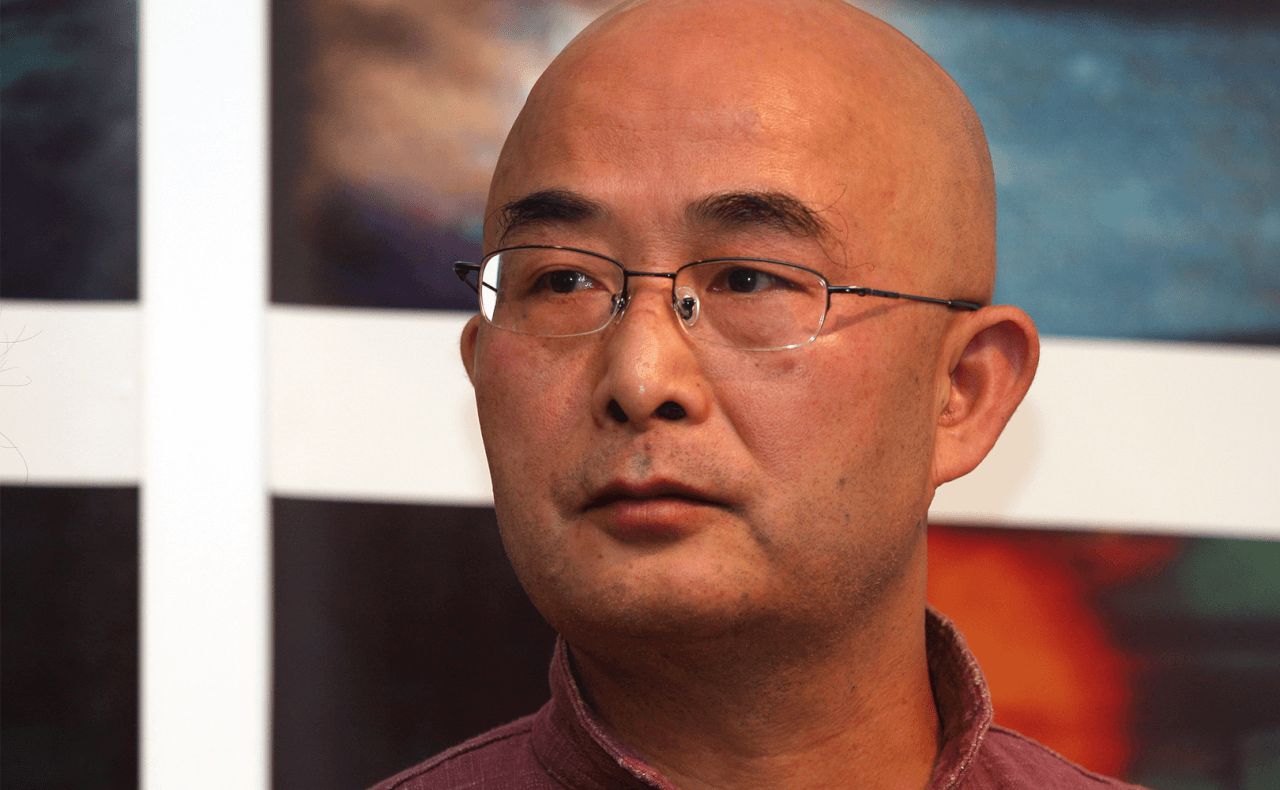Image: Liao Yiwu by Elke Wetzig (Elya), Liao Yiwu 2010 Cologne, CC BY-SA 3.0
A Chinese dissident and author who was imprisoned by Chinese Communists for four years has warned the Catholic Church about making a “deal with the devil” as regards its negotiations with Beijing. Not a Christian himself, he nevertheless supports Cardinal Joseph Zen in his resistance against the proposed Vatican agreement with Communist China.
In an interview with Christ&Welt – the religion section of the German newspaper Die Zeit – that is to be published tomorrow, on 14 June, the Chinese musician and poet Liao Yiwu speaks about his time in prison, from 1990 to 1994. He was arrested after he wrote a poem critical of the Communist regime (“Massacre,” his poem referring to the massacre in Tiananmen Square on 4 June 1989). He met many Christians while in prison, about whom he later wrote in his own books.
When asked whether he is surprised that the Chinese government is increasingly attacking Christians, Liao Yiwu (59) responded: “No, it does not surprise me.” “In the view of the Chinese government,” he explains, “all Christians who do not register [with the State] – that is to say, the so-called underground churches – are enemies of the system.” Speaking about the Vatican’s attempt at making an agreement with the Chinese government, the Chinese author refers to the resistance of Cardinal Joseph Zen who considers such a move to be a “sell-out” and a “misjudgment.”
Liao, who is one of the most prominent Chinese dissidents and who received, in 2012, the Peace Price from the German Book Trade, comments further: “Cardinal Joseph Zen knows: he who makes a deal with the devil stains his white vest.” Liao also refers to the civil rights activist and Christian Wang Tang – one of the leaders during the protests in Tiananmen Square – who once said “together with his fellow Christians” that the pope should read Liao’s book about persecuted Christians. “Then he might change his mind.”
When asked whether he ever thought about turning to the Pope when he recently tried to help a fellow dissident to leave China, Liao responded with the words: “If this pope would have been Pope John Paul II, I would have considered it. He gave hope to the persecuted Christians in the Communist regimes.” “However,” adds Liao, “Pope Francis is for me the heretofore worst pope in history.” By way of explanation, the author says this is because “he brings those Christians into distress who are not themselves controlled by the State. And that is not Christian.”
Liao also describes the blessings that the Christian missionaries brought to China, starting with education, health, and even technology. He sees that Christianity brought hope into his country:
Had the farmers not received this Christian faith, their lives [under Communism] would have been even more hopeless. Also the women received some prospects through the mission; they were educated as nurses and teachers and were able to work in Christian institutions.
Again and again throughout the interview, Liao expresses his great respect for faithful Christians. He describes how one Christian physician offered homeless people free medical care; one day, Liao witnessed how this man operated on a patient secretly. “That impressed me,” he explains. Liao himself has suffered immensely since his childhood. Having been born during “The Great Leap Forward” (1958-1962), which caused a great famine, he fell prey to an illness as a child and nearly died. Later, he had to live in the streets, until he finally ended up in prison.
Liao has since fled his home country and now lives in Berlin, Germany. But he continues to describe the long-suffering of Christians in Chinese prisons. For him, Christians are “strong, because they understand that everything that happens in life is a test from God.” In one of his books about their persecution, he describes how he witnessed the quiet expectation of a Christian who was sentenced to death. It is in this context that this Chinese author returns to the witness of Cardinal Zen: “I consider Cardinal Zen to be such an upright, courageous Christian, because he opposes Pope Francis. He is guided by the voice of his God. His direct connection to the Lord gives him that courage.”


